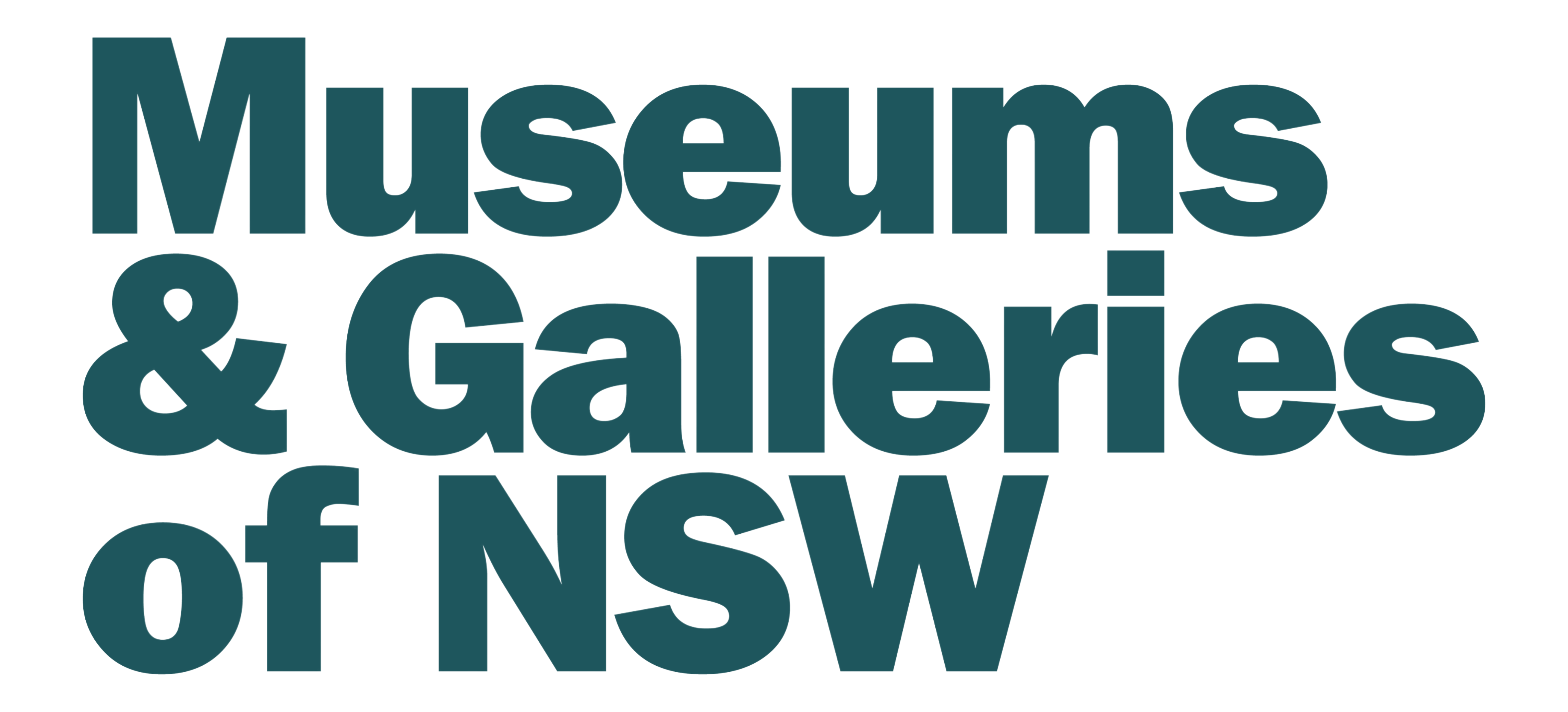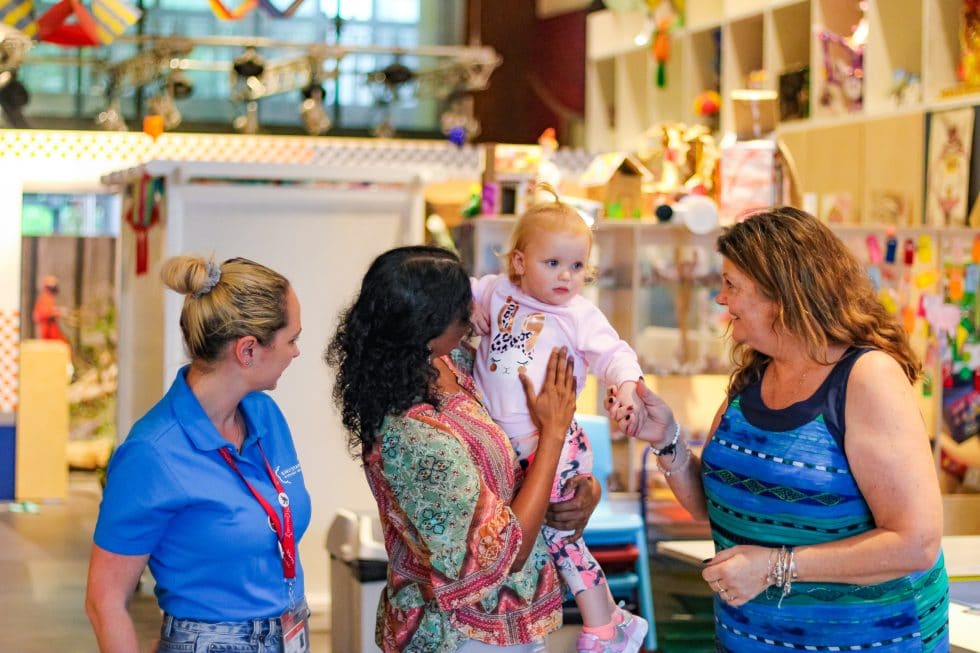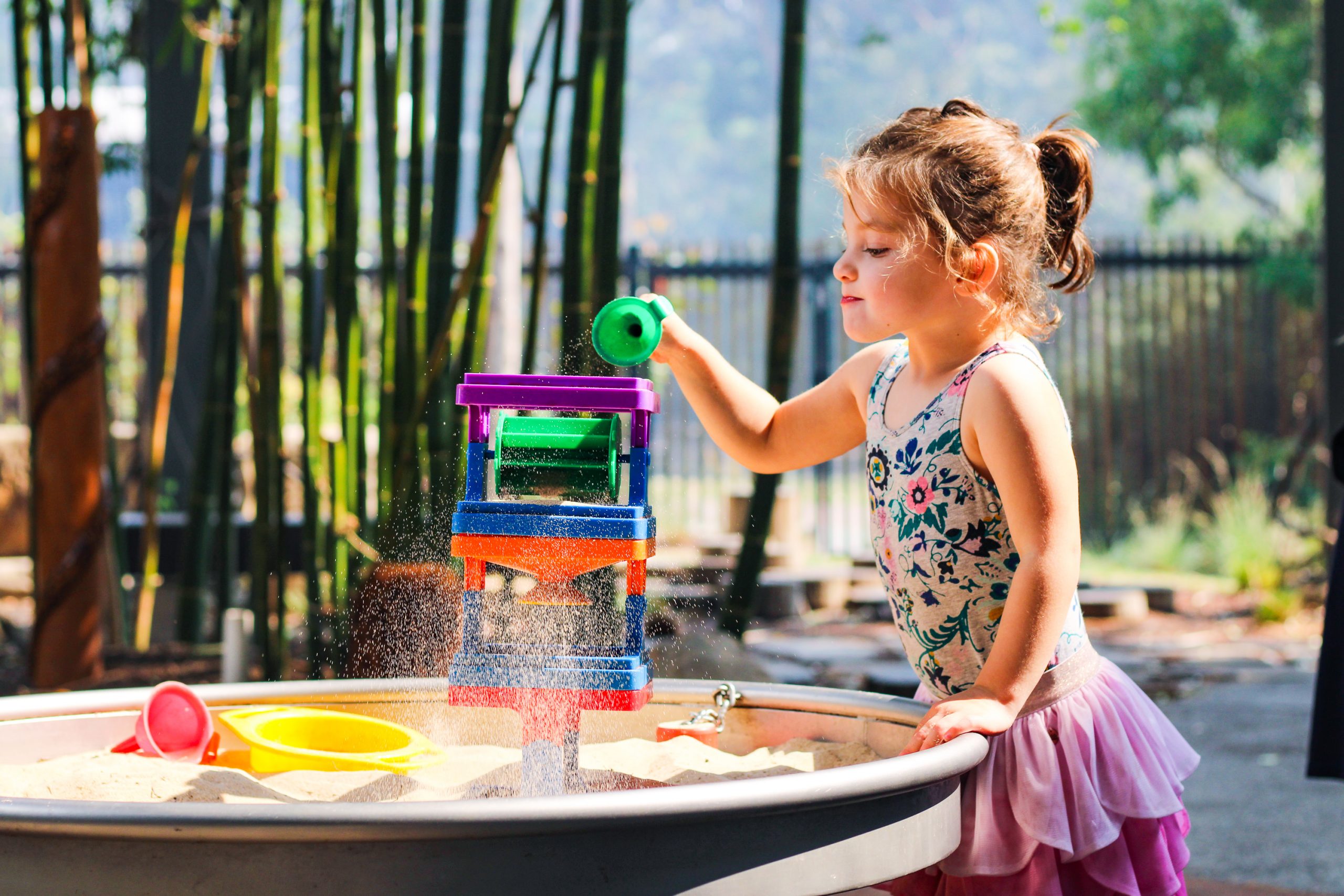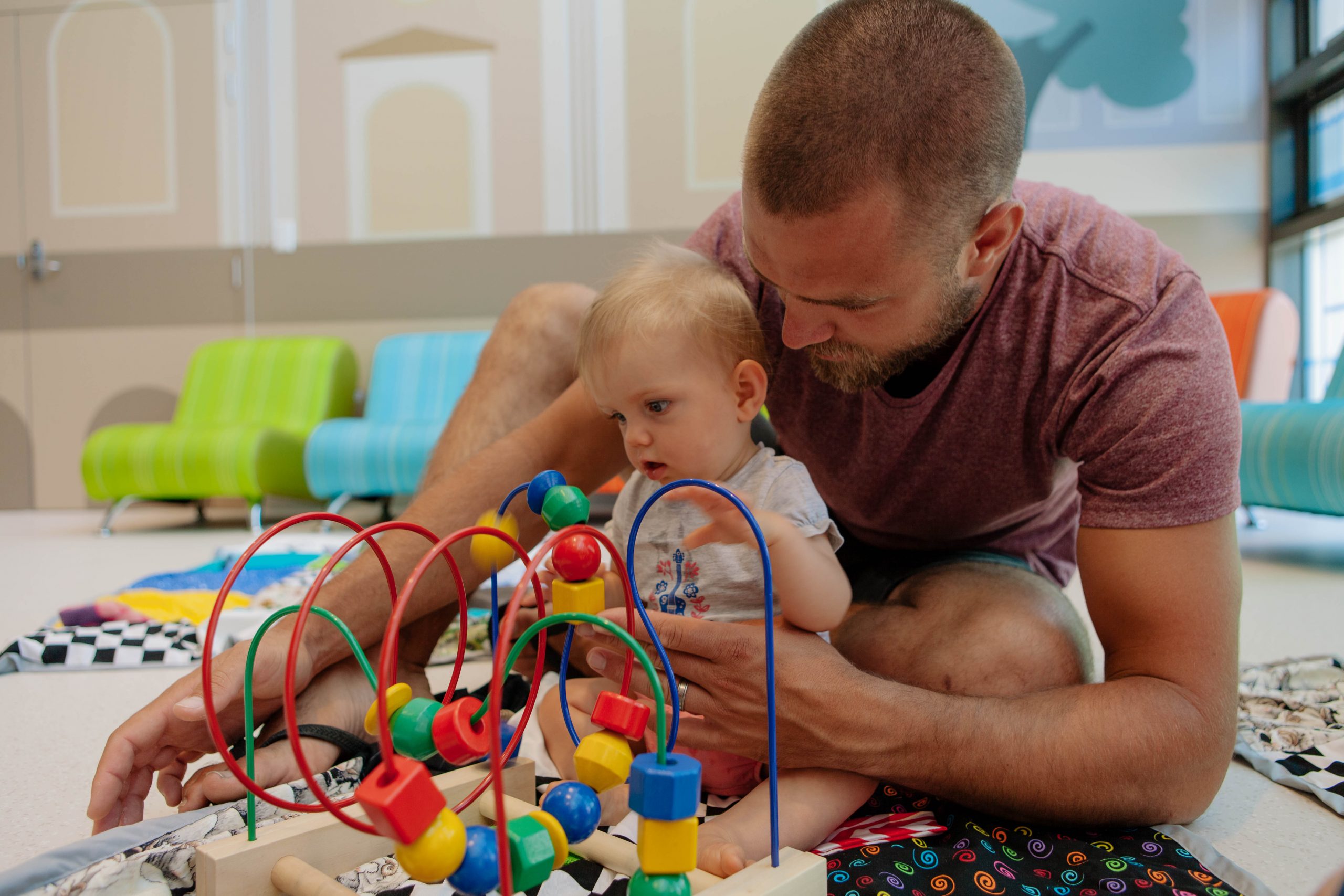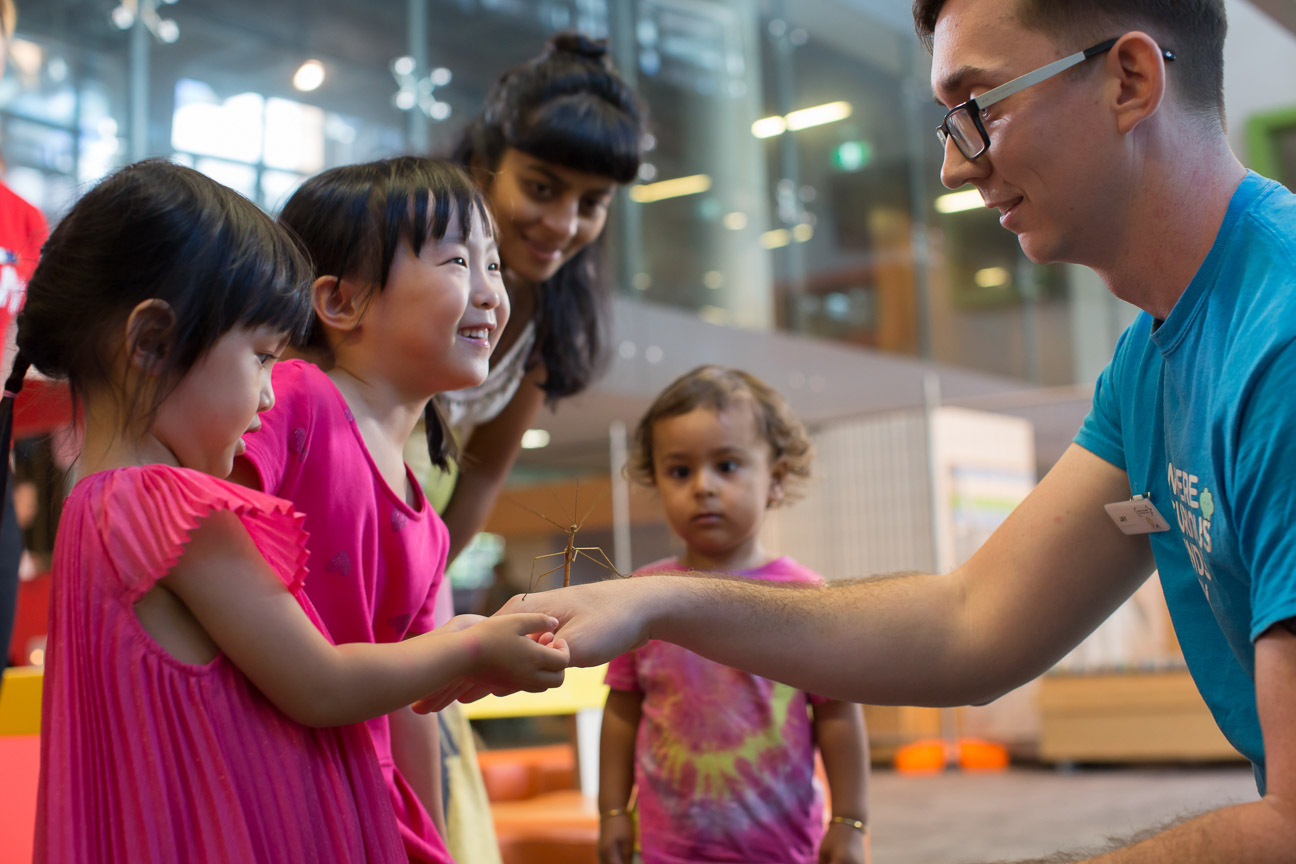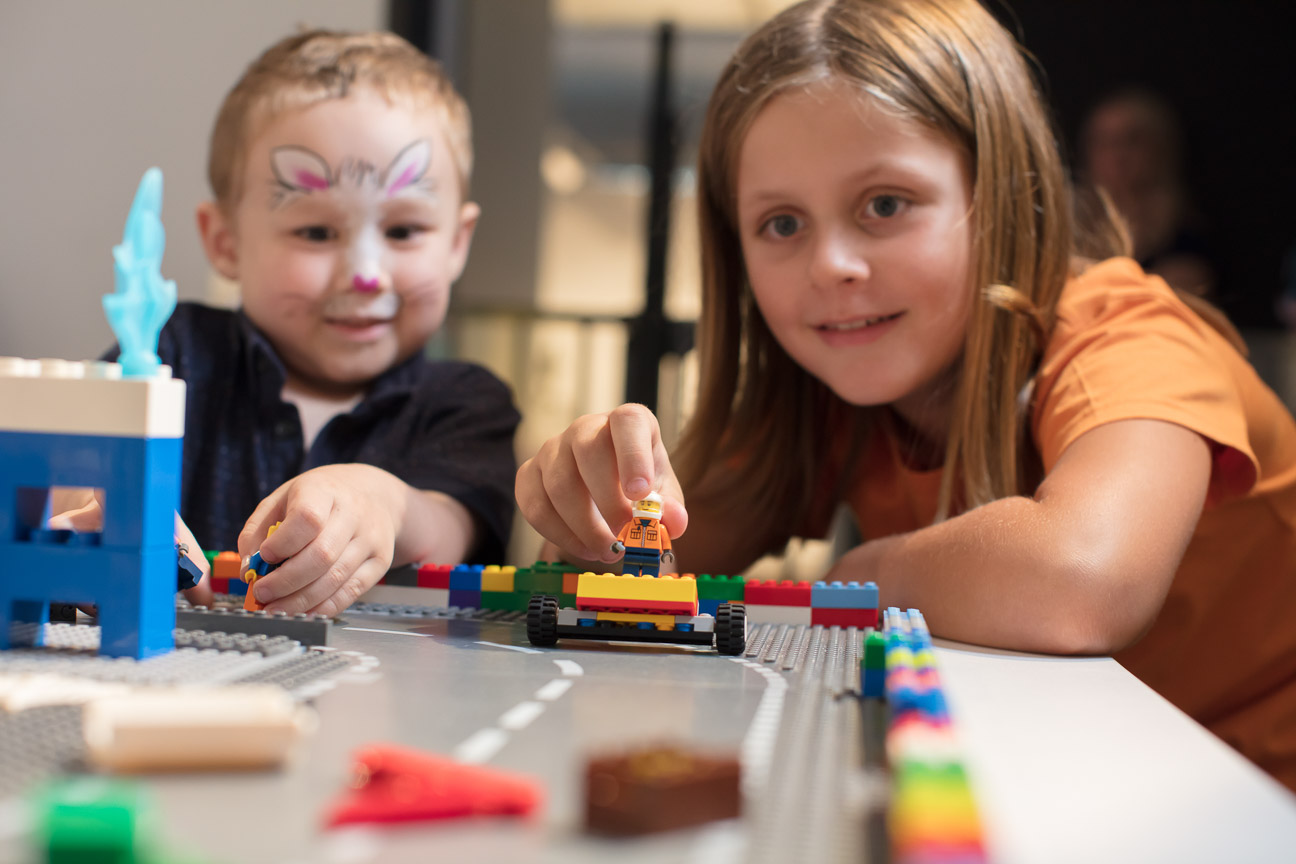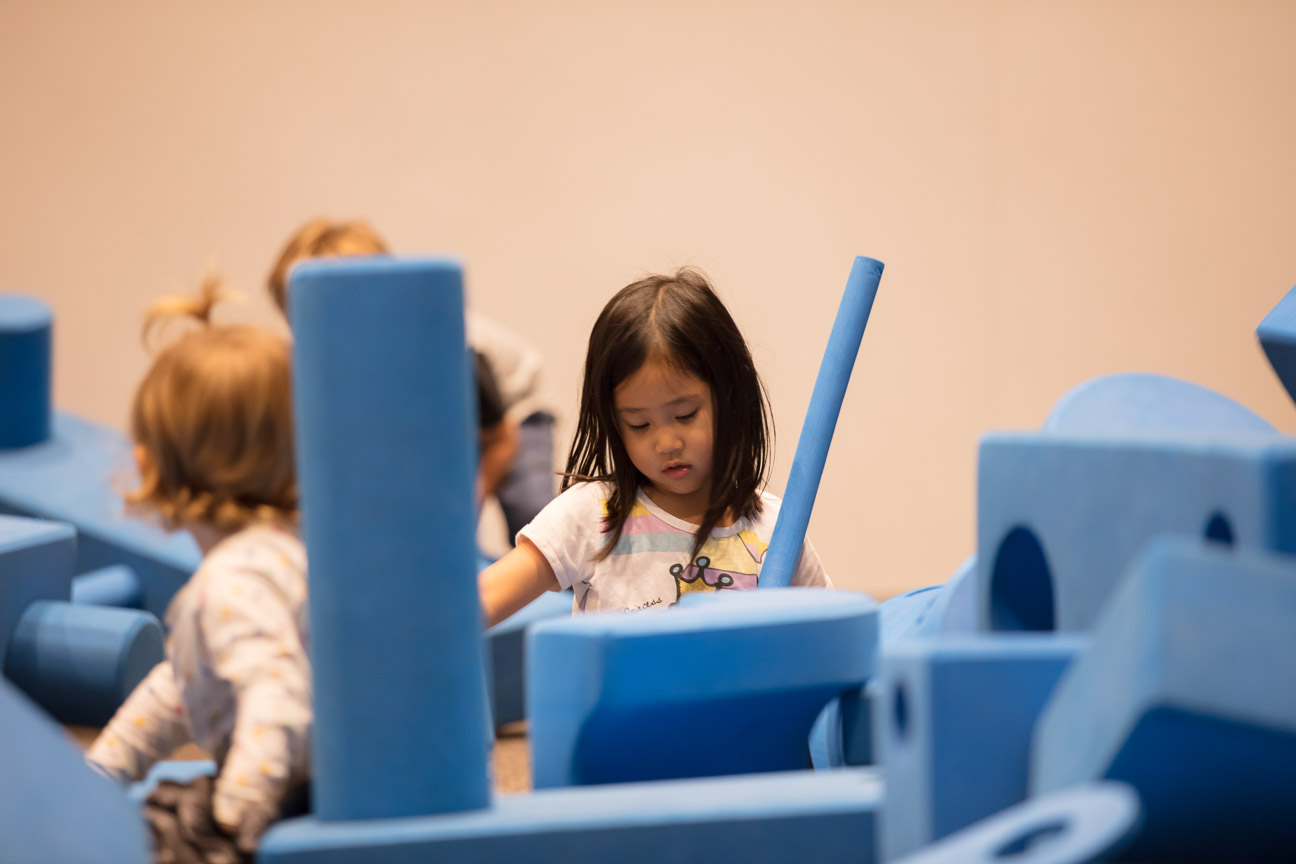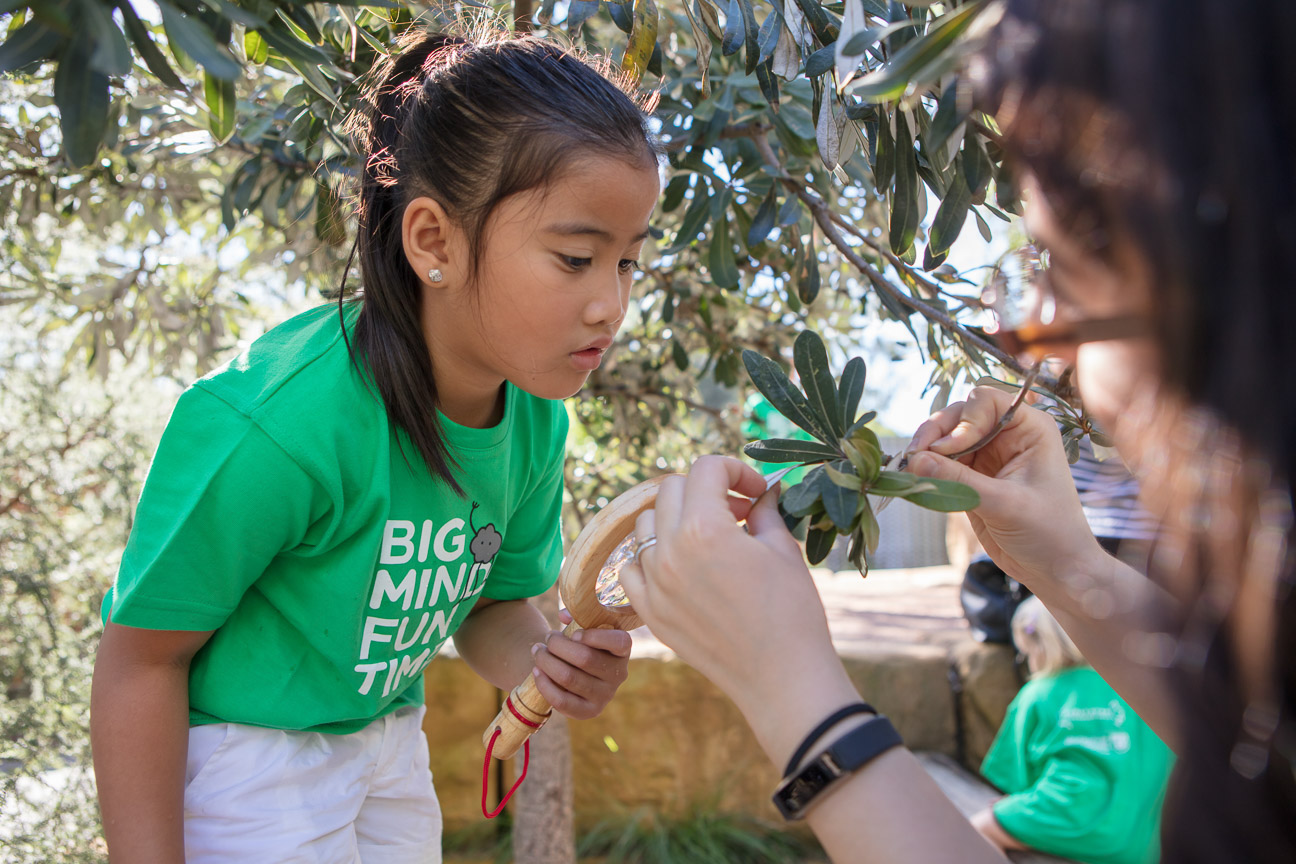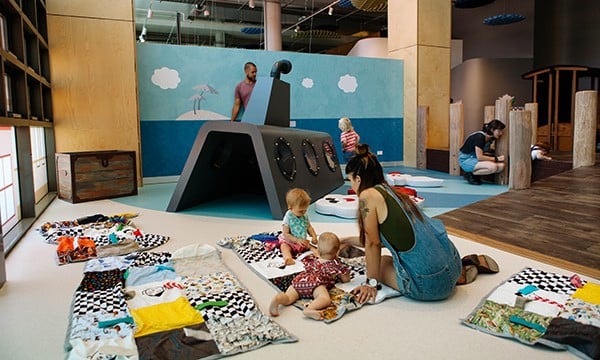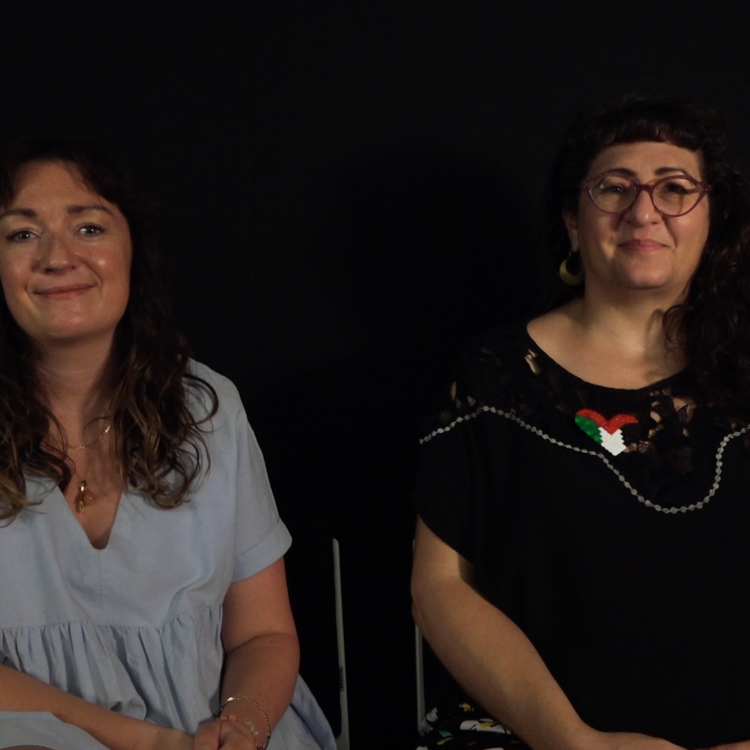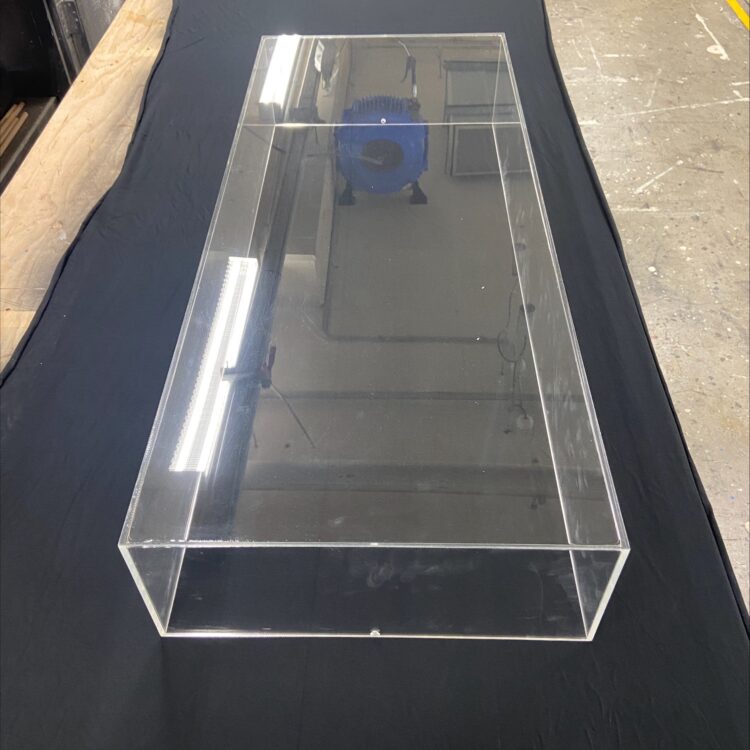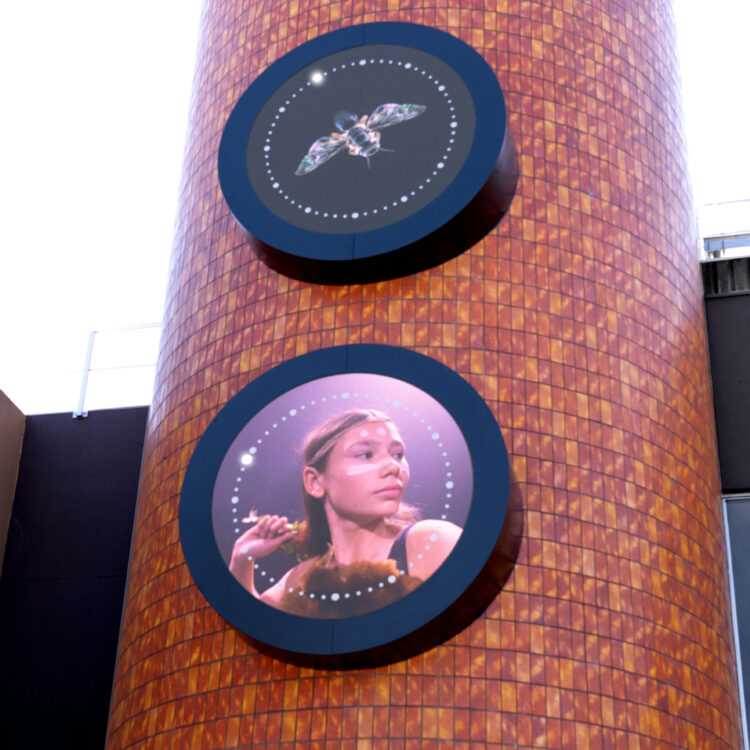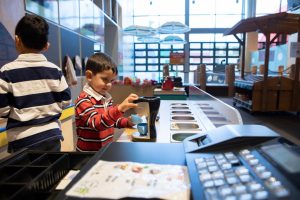Early Start Discovery Space, located at the University of Wollongong, is one of only a handful of museums in Australia dedicated to young audiences, and is the only one in the world based on a university campus. In addition to being a place of play and entertainment for children and families, Early Start is at the forefront of research in education and learning. We interviewed CEO Anita Kumar to learn more.
M&G NSW: Early Start encompasses multiple purposes as a museum, a university research space, and an education facility that is driven by collaboration. Can you give us some background about how this multifaceted concept came together and the logistics of how it was brought to life?
Anita Kumar (AK): In 2009, the Commonwealth Government, the Abbott foundation and the University of Wollongong invested $44 million to create Early Start to provide a positive impact on the life trajectories of children growing up in regional and remote communities. Today, Early Start is a leader in early childhood education, research, leadership and support, and an entity of the University of Wollongong.
We support children and families directly through our programs in the Discovery Space, we support early childhood educators and professionals who care for and educate children through our engagement centre network, we advocate to policy makers through our research centre and we translate research into practice to support the services and the sector through the translation unit.
M&G NSW: Early Start Discovery Space is one of only a handful of dedicated children’s museums in Australia. What are some key challenges when designing exhibitions for younger audiences?
AK: Designing experience in the space is a collaborative effort and it involves a lot of listening. Children are great with providing feedback, they are straight forward and they speak their mind. Similarly we have a 20,000 strong and engaged audience across our social channels, who often tell us what they would like in our space. Along with the children and families we have friends in many organisations, who support our initiative.
The challenge is to build things that are super strong and engaging so it can handle more than 150,000 little people each year. The experience team usually has researchers, educators (play and fun coordinators), designers, construction and fabricators as well as many other brilliant minds both at the University and external stakeholders. It usually takes us between 6 to 12 months to bring a new experience to life and we have many children who help us road test our work.
M&G NSW: What is the most popular experience at the museum?
AK: The Marketplace is much loved by children and families at the Discovery Space. A real-life experience used to create a playful learning experience. We have shopping trolleys, bays of food – healthy, nutritious to unhealthy food so children can learn and make choices around good eating habits, checkout counter with scanners, computers and money. We provide menu cards to help children work out what they need to buy to create the menu and the cost of food. It is one of our busy and vibrant areas right next to the Critter Café – our model café complete with a model pizza oven. The checkout counter is a very busy place, children are excellent in taking turns, returning things back to its place and most importantly helping each other.
M&G NSW: There are many academics involved with the work at Early Start, including education, psychology, public health, childhood development, health and human geography researchers. Can you tell us about some research projects that have emerged from here?
AK: We recently completed data collection for an 18-month longitudinal research study exploring children’s experience of the Discovery Space and its influence on their learning and development. Bringing together experts across various fields, we explored children’s curiosity, confidence, collaboration, can-do attitude, and creativity (‘the 5 C’s’), and self-regulation. This project revealed exciting insights about the positive influence of children’s museums, which will soon be published.
The Early Years Toolbox (EYT) has been another important project bringing together researchers from psychology, education, and software engineering. The EYT was developed as a collection of readily accessible measures of young children’s emerging cognitive, self-regulatory, language, numeracy and social development. The EYT has proven to be an effective, playful measure of young children’s emerging development, and has been integrated into various different research projects at Early Start.
This year we’ll also commence a significant body of research as part of the Australian Research Council Centre of Excellence for the Digital Child, which meets the ongoing challenge of supporting young children growing up in a rapidly changing digital age. Through this research, we’ll optimise children’s use of digital technology, inform policy about children’s digital experiences, and assist educators through curriculum and pedagogy recommendations.
M&G NSW: Why do you think it is so important to engage and educate children in the dynamic ways at your museum?
AK: Play empowers children to explore their interest, it stimulates curiosity, nurtures creativity, builds confidence, provides an opportunity for social connection and caring for each other, and supports communication, learning and self-discovery. These are the core skills that children need to develop to have a healthy, productive and happy life.
By helping children engage with these skills early in life we hope to contribute to a strong, caring and resilient community.
M&G NSW: What do you enjoy most about leading the work at Early Start as CEO?
AK: Not all of us are lucky enough to be born in the right environment and yet it goes a long way in shaping our lives. To have the opportunity to support so many children and families and work alongside so many creative and passionate advocates is a real privilege. It is delightful to lead an organsiation where everyone is determined to support children growing up in regional and remote communities to flourish.
M&G NSW: Early Start also undertakes a remote educational outreach program. Can you tell us about the work you do beyond your main location?
AK: We support 45 early childhood education and care centres within our network who are located in regional and remote locations from Eden down south, Broken Hill in west and Tweed heads up north. About 35% of children attending these services are from Aboriginal and Torres Strait Islander background, making it a culturally rich community. We support these services in many ways as they require, from resources to professional learning and mentoring programs.
The Discovery Space also provides play-based incursions, bringing the Discovery Space experience to those that may not be able to visit in person. Our educators travel far and wide to support children in these communities to experience playful learning. We also support many community events and get to know and support local communities.
M&G NSW: What’s in store for Early Start in 2021?
AK: We are a young space, we turned 5 last year and we have lots of learning and growing to do. We plan to listen more, collaborate even more and invest lots more in creating opportunities for children and supporting families. We have many exciting programs and fun-filled activities that will help us engage broadly. We will have a large nature-based playground opening later this year, we will strengthen our online programs as well as build the “Discovery on wheels” program. The team at Early Start are always buzzing around with ideas and our families expect more – so it’s time to step up and take on the challenge in making our work more engaging and available.
